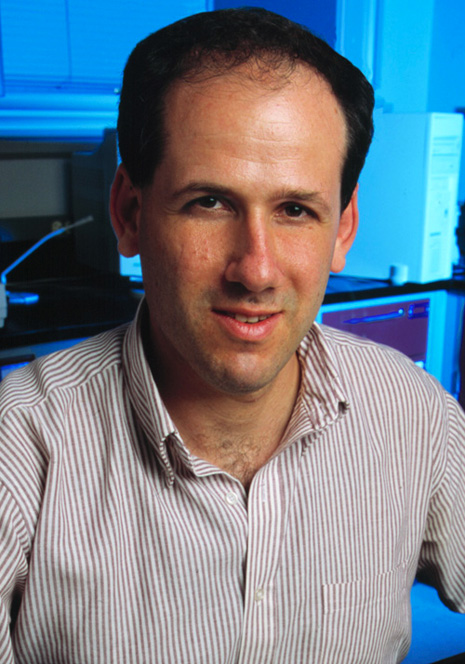
FAYETTEVILLE, Ark. – Peter Ungar, chair of the anthropology department in the J. William Fulbright College of Arts and Sciences at the University of Arkansas, has been selected for a Fulbright Specialists project in Africa to work with professor Lee Berger at the University of Witwatersrand in Johannesburg during March.
Ungar and Berger will study the teeth of important newly discovered hominids to learn what our earliest ancestors ate. New technologies and analytical techniques developed by engineers are enabling researchers to look back millions of years and recreate a picture of humanity’s distant ancestors through the feeding adaptations they made over time in response to their changing environments.
Ungar is one of over 400 U.S. faculty and professionals who will travel abroad this year through the Fulbright Specialists Program. The program, created in 2000 to complement the traditional Fulbright Scholar Program, provides short-term academic opportunities to prominent U.S. faculty and professionals to support curricular and faculty development and institutional planning at post-secondary academic institutions around the world.
Ungar was one of an elite group of researchers invited to attend a Royal Society scientific discussion of the first 4 million years of human evolution, held in London Oct. 19-20, 2009. Ungar also traveled to Berlin Oct. 13-14 to participate in a workshop on evolution and the diseases of civilization, hosted by the World Health Summit.
The Fulbright Program, America’s flagship international educational exchange activity, is sponsored by the U.S. Department of State, Bureau of Educational and Cultural Affairs. Over its 60 years of existence, thousands of U.S. faculty and professionals have taught, studied or conducted research abroad, and thousands of their counterparts from other countries have engaged in similar activities in the United States. More than 285,000 emerging leaders in their professional fields have received Fulbright awards, including individuals who later became heads of government, Nobel Prize winners, and leaders in education, business, journalism, the arts and other fields.
Contacts
Peter Ungar, chair, department of anthropology
J. William Fulbright College of Arts and Sciences
479-575-2508, pungar@uark.edu